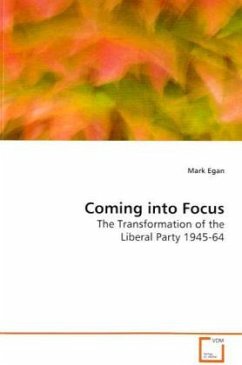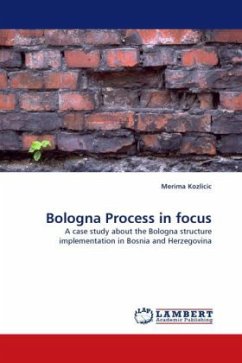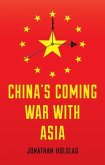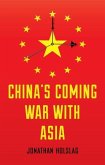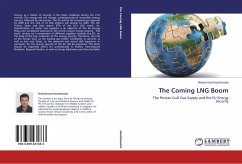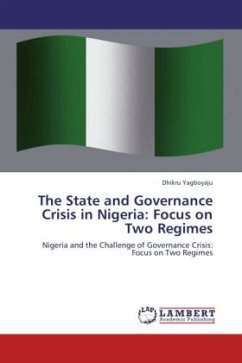The survival of the Liberal Party after 1945 is one
of the most surprising phenomena in modern British
political history. By the late 1940s, the Party's
lingering death throes seemed to be reaching their
conclusion. With only a handful of parliamentary
seats and no message to offer the electorate, the
flame carried by Gladstone and Lloyd George was
nearly extinguished. But the Liberal Party clung on
and then revived in the 1960s. This book provides new
perspectives on the survival and revival of the
Liberal Party after 1945. It shows how the
independence of Liberal associations, the recruitment
of Liberal activists in the late 1940s, and the
Party s strength in local government in northern
England were important reasons for the Party s
survival. A new wave of recruitment after 1955,
inspired by Jo Grimond's leadership, facilitated the
Liberal revival, but a key factor was the development
of early forms of community politics in a number of
towns and cities in England and Scotland. This led to
an explosion in the number of Liberal councillors,
particularly in suburban areas. Not only was the
Party saved, but the foundations for the modern
Liberal Party and its successor were laid.
of the most surprising phenomena in modern British
political history. By the late 1940s, the Party's
lingering death throes seemed to be reaching their
conclusion. With only a handful of parliamentary
seats and no message to offer the electorate, the
flame carried by Gladstone and Lloyd George was
nearly extinguished. But the Liberal Party clung on
and then revived in the 1960s. This book provides new
perspectives on the survival and revival of the
Liberal Party after 1945. It shows how the
independence of Liberal associations, the recruitment
of Liberal activists in the late 1940s, and the
Party s strength in local government in northern
England were important reasons for the Party s
survival. A new wave of recruitment after 1955,
inspired by Jo Grimond's leadership, facilitated the
Liberal revival, but a key factor was the development
of early forms of community politics in a number of
towns and cities in England and Scotland. This led to
an explosion in the number of Liberal councillors,
particularly in suburban areas. Not only was the
Party saved, but the foundations for the modern
Liberal Party and its successor were laid.

